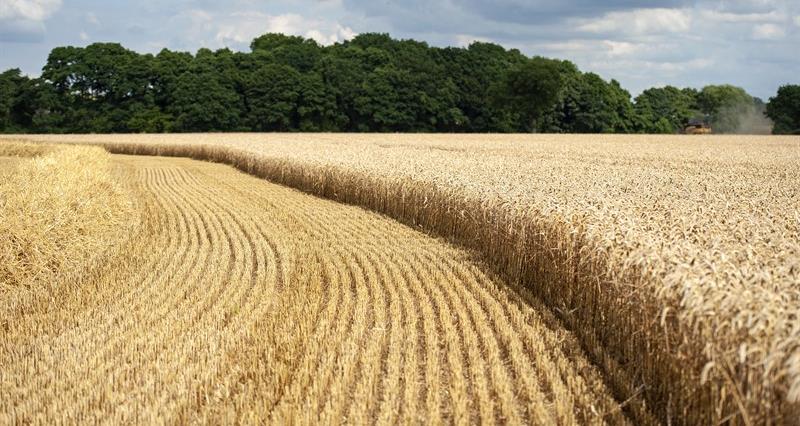With members reporting significant difficulties in securing spring seed, the NFU has been meeting with industry leaders to find solutions to ensure that all growers can bring a crop to harvest this year.
The relentless wet weather throughout autumn and winter has made this one of the most challenging drilling seasons in memory. Constant rainfall has severely hampered autumn planting, and, in some places, damaged or washed away the seed that was planted. The latest storm likely marks the end of further winter seed planting opportunities, and therefore growers will now be turning to spring seed.
Lack of spring seed threatens this year’s crop
Throughout the season, the NFU combinable crops board has been concerned about the availability of spring seed. NFU Combinable Crops Board Chair Matt Culley has been meeting with the AIC and BSPB to discuss the challenges farmers and growers were facing in obtaining certified spring seed.
To help evidence these concerns the NFU agreed to run a flash survey in the New Year, to which the board were very grateful for the high response rate. The survey reinforced the NFU’s concerns that the lack of spring seed on the market was having a substantial impact on the ability of growers to bring a crop to harvest this year.
The results summarised that:
- Around 70% of growers have not managed to drill 100% of their planned cropping area, and are therefore planning to plant more spring crops than originally planned.
- More than 60% of growers do not have grain from their 2023 harvest which they can clean and use as farm saved spring seed to drill.
- Less than 40% of growers have been able to secure the required quantity of certified seed need to drill their spring crops.
- Almost 25% of growers will not be able to grow a crop at all in some fields this year due to a lack of seed, while a further 20% are still unsure.
Following the conclusion of this survey, the NFU crops team met again with the AIC and BSPB on Monday 22 January to seek further clarity on how the supply chain expects farmers to be able to grow a spring crop for this harvest. At the time of the meeting, growers across the UK were still reporting being unable to source any spring cereal seed from a number of different merchants.
Both the AIC and BSPB stressed that seed was still being processed and there was a long way to go until the full picture of seed supply was clear. They were confident that processors and merchants would be able to meet the needs of the cereals sector this spring, and that seed availability would continue to evolve on a weekly basis.
While these discussions were ongoing, the NFU pursued a number of alternative solutions to this, including enquiring with Defra on the feasibility of a relaxation of the rules, which would allow grain to be traded between farms for the purpose of saving that grain as seed.
Defra has advised us that it would not be possible to pass legislation to change this on a short-term basis. The NFU is working with Defra to develop a long-term solution that secures the supply of seed for growers in every season.
For this coming spring, growers are reliant on the seed supply chain delivering the quantity of seed required to ensure that all growers can bring a crop to harvest this year, as laid out by the result of our survey.
